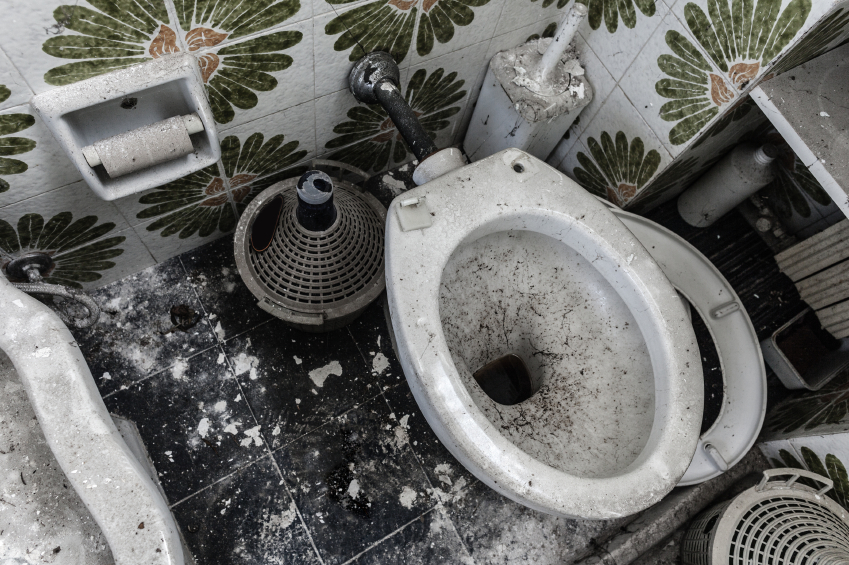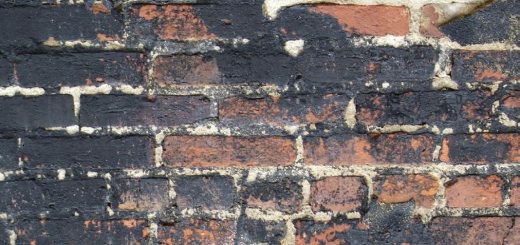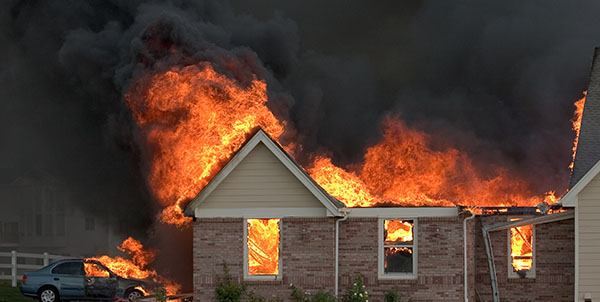Can Smoke Damage a Car Engine?
Fires in or near a vehicle can cause serious damage and compromise a driver’s safety. However, smoke generally does not cause significant damage to the car engine. The vehicle’s power may be adversely impacted, but the entire engine is unlikely to be completely destroyed.
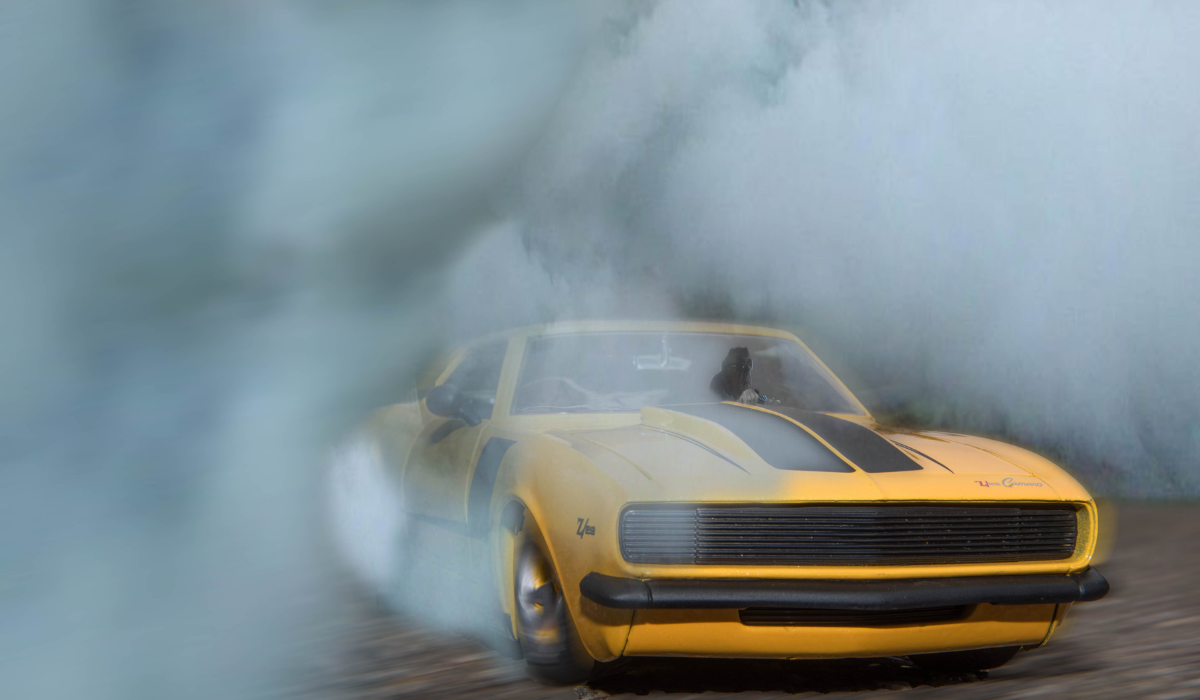
What causes fire and smoke near an automobile?
House fires are destructive. Garage fires are among the most destructive of all house fires. Sparks that grow into raging flames in the garage tend to spread more rapidly than fires in other parts of the home. Furthermore, garage fires cause more property damage than other types of home fires.
Garage fires are common across the US; on average, 18 garage fires occur daily. Approximately 93 percent of these fires occur in attached garages in single or double occupancy residences. Each year, about $457 million in property damages are caused by fires starting in the garage.
Fires in the garage may start from common causes. Flammable liquids, like gas, oil, and paint thinner are stored there and can be a fuel source for fires. Home appliances, chargers for power tools, and belongings can also catch fire. Parked cars in the garage are susceptible to smoke damage.
Large fires impact the operability of cars, too. Vehicles parked near a forest in which a wildfire breaks out will suffer damage, perhaps not directly by the flames but by the lingering smoke. While the engine may become damaged and require replacement, the rest of the car may be undamaged.
What does smoke consist of?
Smoke particles released by fires (such as forest, structureStructure refers to the framework or components of a buildin... More, or waste) consist of a mix of chemicals and particles that arise when materials containing carbon burn incompletely. All smoke particles contain carbon monoxide, carbon dioxide, and sootSoot is fine black particles composed of carbon and other ma... More (also known as particulate matter or PM).
Chemicals are also included in a fire’s composition. Aldehyde, acid gases, sulfur dioxide, nitrogen oxides, benzene, metals, and dioxins may be present in smoke. The product being burned, the level of available oxygenOxygen is a chemical element essential for combustion and li... More, and the burn temperature influence the type and amount of chemicals in the smoke.
Read How Fire and Smoke Can Damage Your Skin to learn about the negative impact of smoke exposure not just to your asset but to yourself.
Can smoke damage a vehicle’s engine?
A fire can be fed by numerous fuel sources. Depending on what caused the flames and the subsequent smoke, the smoke could contain hazardous chemicals. Smoke particles are tiny and travel far, which allows them to coat everything inside the vehicle.
When a car is exposed to severe levels of fire and smoke, the vehicle owner may incorrectly assume it’s a total lossA total loss is a situation where a property or item is so s... More. Even vehicles significantly damaged by fire and smoke can be recovered, albeit via a time-consuming process. The possibility of recovery is linked with the length of smoke exposure.
Brief exposure to smoke damage may cause minimal structural damage if any. However, for a car that is exposed to prolonged bouts of fire and smoke, repairs may be unsuccessful. If the fire and accompanying smoke are localized to the engine, a new engine and hood may be necessary.
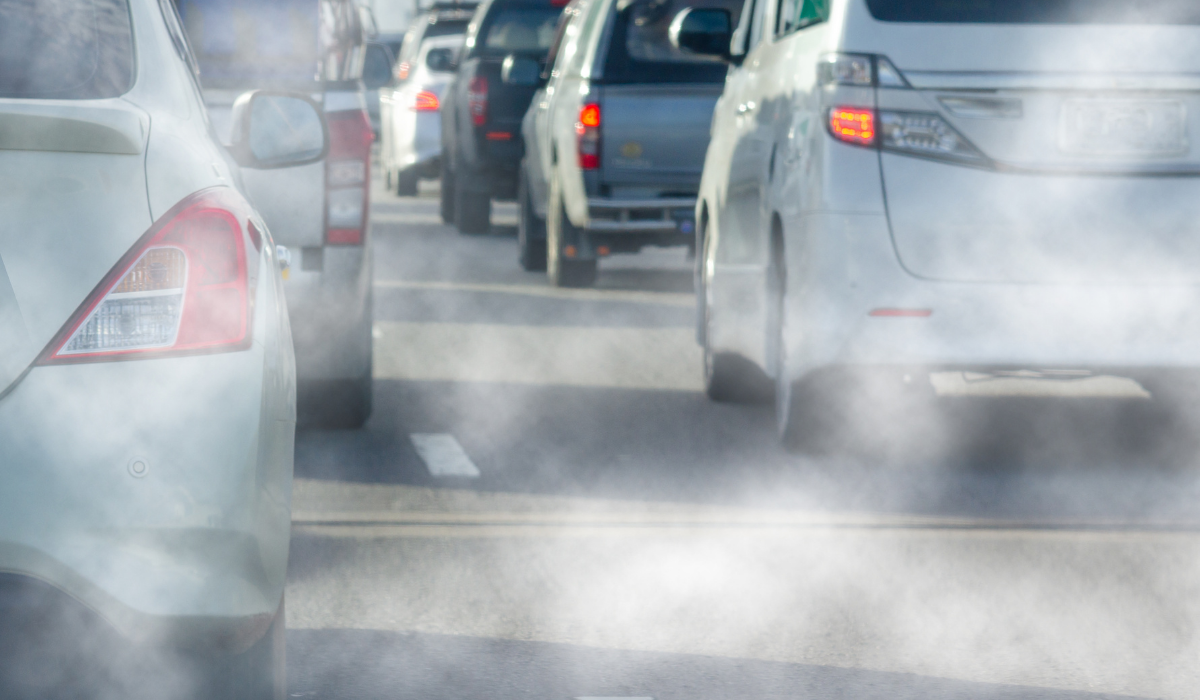
If the smoke coats all parts of the interior of the car, a professional cleaning will be required. Smoke that is left for lengthy periods of time on a vehicle may actually start to eat away at the surfaces and result in permanent damage.
Small amounts of smoke generally are not harmful to the engine. Smoke particles are extremely tiny and simply pass through an engine air filter, similar to other types of small particles. While the engine will remain operable after mild smoke exposure, the driver may experience eye and lung irritation.
How do car owners prevent fire and smoke damage?
Properly storing flammable items in the garage is one way to prevent fires and subsequent smoke exposure. Flammable liquids, such as varnish, oil, and paint thinner, should be stored in a separate shed away from a vehicle parked in a garage.
Flammable products should also be stored in approved and tightly sealed containers. Prevent sparks from igniting these items by keeping them as far as possible from workshop areas and appliances. Similarly, keep cleaning supplies and rags away from batteries and tools where heat could spark flames.
Additional fire hazards in the garage include water heaters and clothes dryers. Ensure flammable items are not kept near these appliances and that air vents remain unclogged. Using an incorrect wattage light bulb can also spark a fire, so follow the manufacturer’s recommended wattage for light fixtures.
Installing a heat alarm—rather than a smoke alarm—is advised by fire safety experts. A smoke alarm may easily be set off by a car’s fumes or when an individual is working in the garage. Plus, heat alarms feature a reliable battery backup.
A vehicle is a valuable possession and should be taken care of in the event of smoke damage. While smoke damage can have an impact on a vehicle, a home can be adversely affected. When you are faced with fire and smoke damage, contact a professional to handle the damage.

Smoke and sootSoot is fine black particles composed of carbon and other ma... More can cause more damage than the actual fire since the tiny particles fall into crevices and nooks and travel farther than the flames. Smoke residues can quickly cause permanent damage if they are not removed by experienced professionals that provide smoke damage restoration.
Professionals also provide thorough deodorization after smoke damage occurs. This is a necessary step to eliminate the foul odors of smoke from the property. Their techs utilize ozone and hydroxyl machines to extract the offensive smells from the home’s atmosphere.
Professional technicians also provide quality fire damage restoration services that include water damage mitigation. Specialists perform structural repairs, remove damaged structural materials, and provide a deep cleaning of smoke damaged surfaces.










